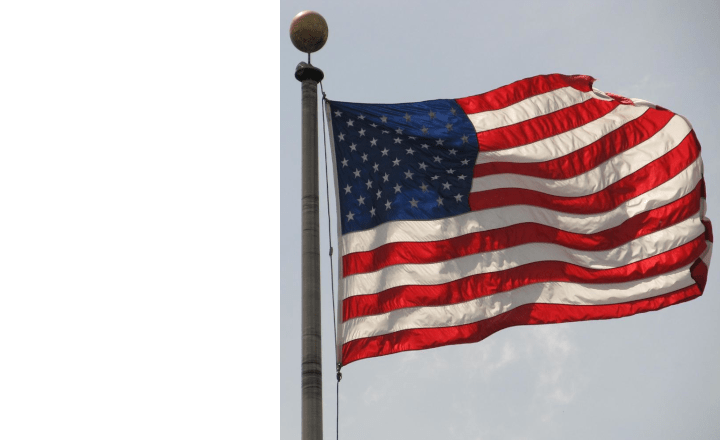Not a Fourth of July goes by without some sage telling us how slavery is as American as apple pie. They have no idea what they are talking about.
As Harvard sociologist Orlando Paterson has shown, there is not a place on the globe that has not known slavery. Aristotle thought it was so much a part of the human condition that he justified it on the basis of the natural law. It took the Catholic Church to proclaim that slavery violated the natural law.
The New York Times’ “1619 Project” tells readers that America was founded in slavery. Wrong. It was founded in a revolution in 1776. Just as wrongheaded is Linda Thomas-Greenfield, U.S. ambassador to the United Nations under President Biden. She told reporters in 2021 that “the original sin of slavery weaved white supremacy into our founding documents and principles.” This is a bastardization of history.
Those who accept the ambassador’s view claim that the Constitution justified slavery and that it regarded blacks as three-fifths human. This is false.
The Constitution makes no mention of the words “slave,” “slavery,” “race,” “white,” “black,” or “color.” And nowhere does it say that blacks are three-fifths human. The three-fifths language is in Article I, Section 2, which speaks to the issue of apportionment. To determine the number of representatives each state should have, the total was to be determined by “adding to the whole number of free persons, including those bound to service for a term of years, and excluding Indians not taxed, three-fifths of all other persons.” In other words, count free persons, do not count those Indians not taxed, and add three-fifths of the slaves. This last part has been grossly distorted.
The Northern delegates did not want to count slaves at all, and the Southern delegates wanted them counted as equal to free persons. According to the twisted logic offered by left-wing ideologues, this would suggest that the North was more pro-slavery than the South. This is absurd.
If blacks weren’t counted at all, it would weaken the Southern base: the slave states would have only 41 percent of the seats in the House of Representatives. If they were counted as equal to whites, the slave states would have 50 percent of the House seats. The compromise—counting slaves as three-fifths—meant that the slave states wound up with 47 percent of the seats. That is the truth of the story.
The Constitution, without mentioning slavery directly, provided that the international slave trade would end on January 1, 1808. The president who made good on that pledge was Thomas Jefferson.
When the United States was founded, the only place in the world that had banned slavery was Great Britain. It was abolished in the United States in 1865. Africa banned it in 1981, yet it still exists there today in Mauritania and Somalia.
The Europeans did not kidnap African slaves. They bought them. Moreover, the African slavemasters facilitated the transfer by bundling the slaves in cages for the white boys. Common sense should tell us that if a handful of white boys showed up in Africa looking for slaves, why didn’t the Africans say to them—they vastly outnumbered the Europeans—yes, there is going to be slavery, but you are going to be the slaves and we are going to be the masters?
Defending slavery were white “progressives.” George Fitzhugh was America’s first sociologist. He railed against capitalism but defended slavery.
In his work, “The Universal Law of Slavery,” written in 1850, Fitzhugh explained that “the Negro is but a grown up child and must be governed as a child, not as a lunatic or criminal. The master occupies toward him the place of parent or guardian.” He said slavery had a positive effect. “The negro slaves of the South are the happiest, and in some sense, the freest people in the world.”
Blacks, he said, could not compete with the white man under capitalism, so it was better to keep them in slavery.
“The negro is improvident [and] would become an insufferable burden to society. Society has a right to prevent this, and can only do so by subjecting him to domestic slavery. In the last place, the negro race is inferior to the white race….”
During the Progressive Era, in the late nineteenth and early twentieth centuries, Richard T. Ely was one of the most prominent leaders in the social-justice crusade. He was considered sympathetic to blacks, yet he expressed the same views as Fitzhugh. “Negroes, are for the most part grown up children, and should be treated as such.”
It must be said that not much has changed. Today’s “progressives” have low expectations for blacks, which is why they are bent on lowering the bar for black students—they should instead be helping them to clear it! White liberal racism is endemic.
America bashers love to ruin our Fourth of July. They are as ignorant as they are malicious.







